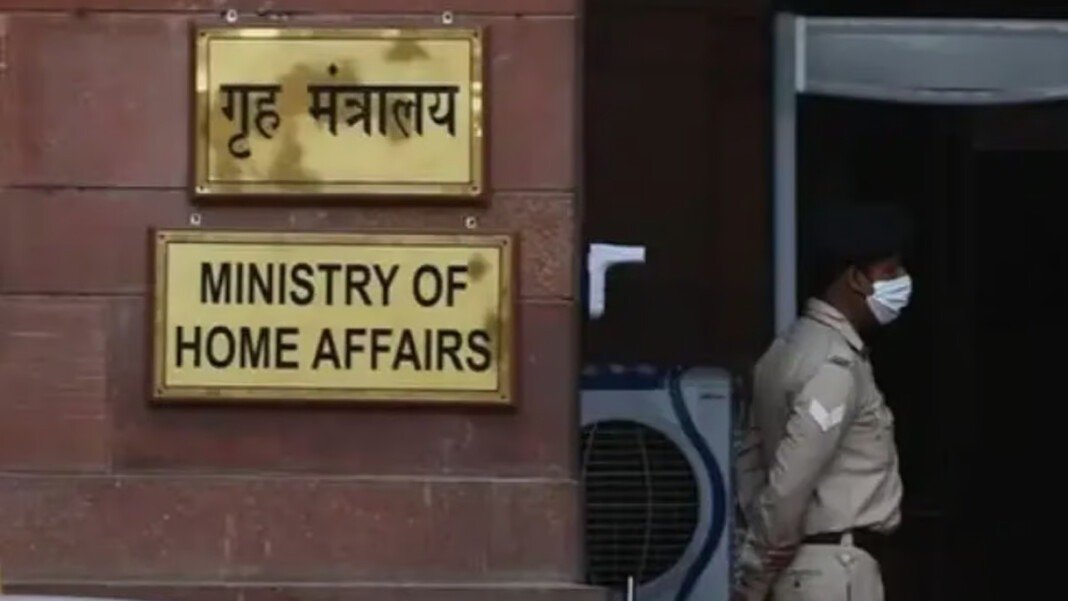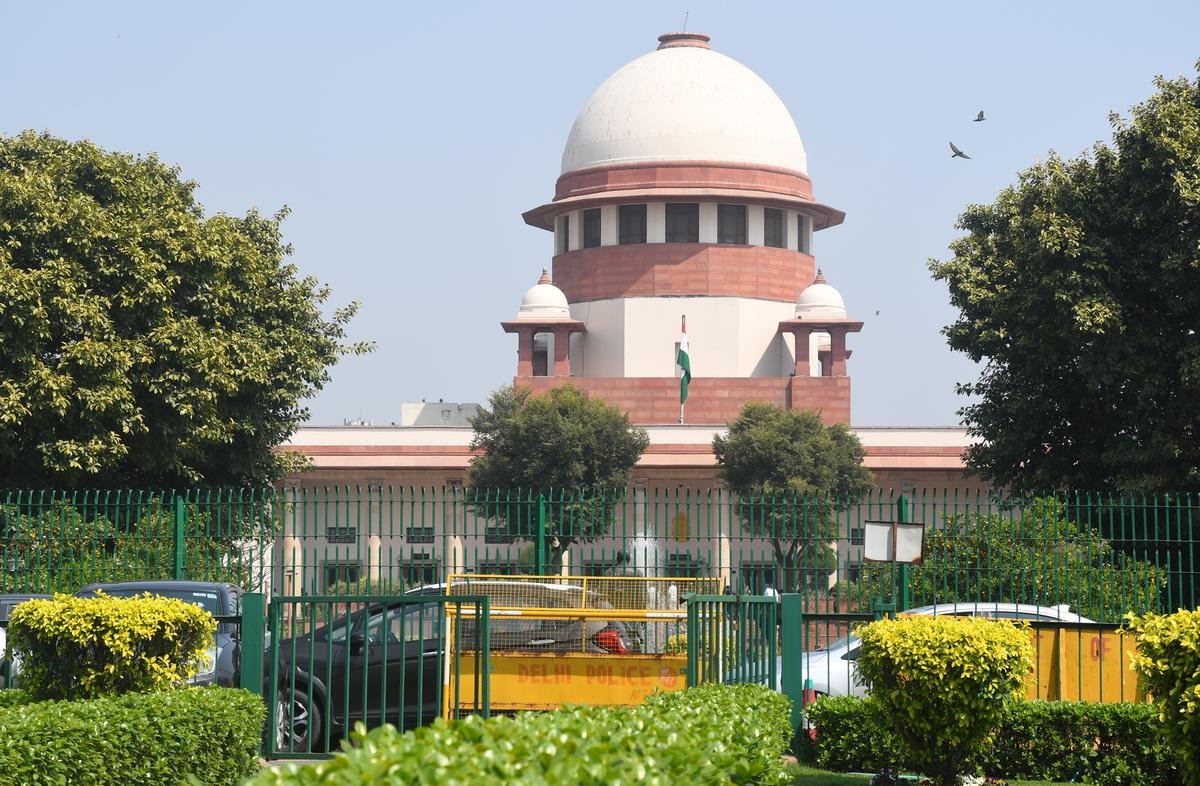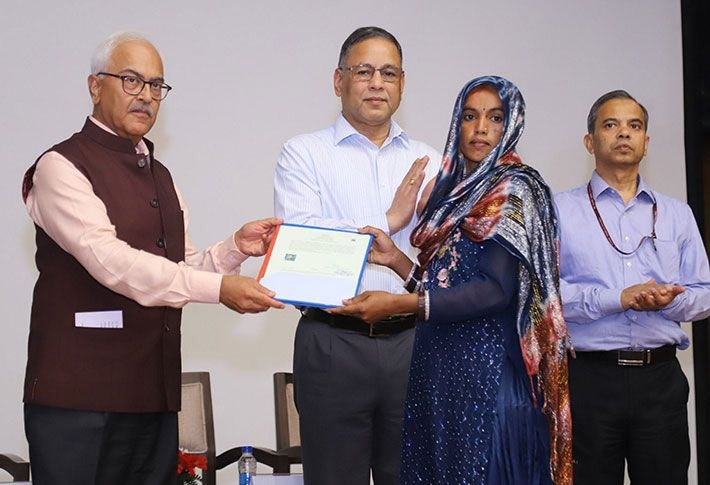HT Digital,
New Delhi, Feb 27: The Ministry of Home Affairs (MHA) is expected to release the regulations for the Citizenship Amendment Act (CAA) 2019 prior to the enforcement of the model code of conduct, as per sources. The CAA regulations, put forth by Narendra Modi’s government, aim to provide Indian citizenship to non-Muslim immigrants who have faced persecution and have migrated from Bangladesh, Pakistan, and Afghanistan to India before December 31, 2014.
The CAA sparked widespread protests across the country after it was passed by the Parliament in December 2019 and later approved by the President. Insiders have suggested that the CAA regulations might be disclosed before the model code of conduct comes into force, which could possibly be implemented in March.
As per a source, the Citizenship Amendment Act can be implemented through notifications from the MHA, enabling eligible individuals to acquire Indian citizenship. The CAA, which has been delayed for over four years, necessitates the formulation of its associated regulations.
‘The regulations are ready, and an online portal for the entire process is already in place. The process will be entirely digital. Applicants will have to disclose their year of entry into India without any travel documents. No further documentation will be required from the applicants,’ an official said.
On December 27, Union Home Minister Amit Shah asserted that the Citizenship Amendment Act (CAA) is the established law of the country and cannot be stopped. He accused West Bengal Chief Minister Mamata Banerjee of misleading the public on the issue. Speaking at a party event in Kolkata, Shah emphasized the BJP’s commitment to implementing the CAA.
The Act has been opposed by the Trinamool Congress (TMC), led by Banerjee. The BJP has consistently supported the controversial CAA, which was a significant issue in the recent Lok Sabha and Assembly elections in West Bengal. Party leaders see it as a crucial factor in the BJP’s growth in the state.
As per parliamentary procedure, legislation should be formulated within six months of the president’s approval, or an extension should be requested from the Committees on Subordinate Legislation in both the Lok Sabha and Rajya Sabha. Since 2020, the Home Ministry has repeatedly sought extensions from these committees for developing rules related to the Act. Over 100 people died either during protests or due to police action after the Act was passed.
In the last two years, over 30 district magistrates and home secretaries in nine states have been authorized to grant citizenship to non-Muslim minorities from Afghanistan, Bangladesh, and Pakistan under the Citizenship Act, 1955. The 2021-22 annual report from the Home Ministry reveals that, between April 1, 2021, and December 31, 2021, a total of 1,414 individuals from these groups were granted Indian citizenship. Authorities in politically sensitive regions like Assam and West Bengal have not yet been given the power to grant citizenship.












